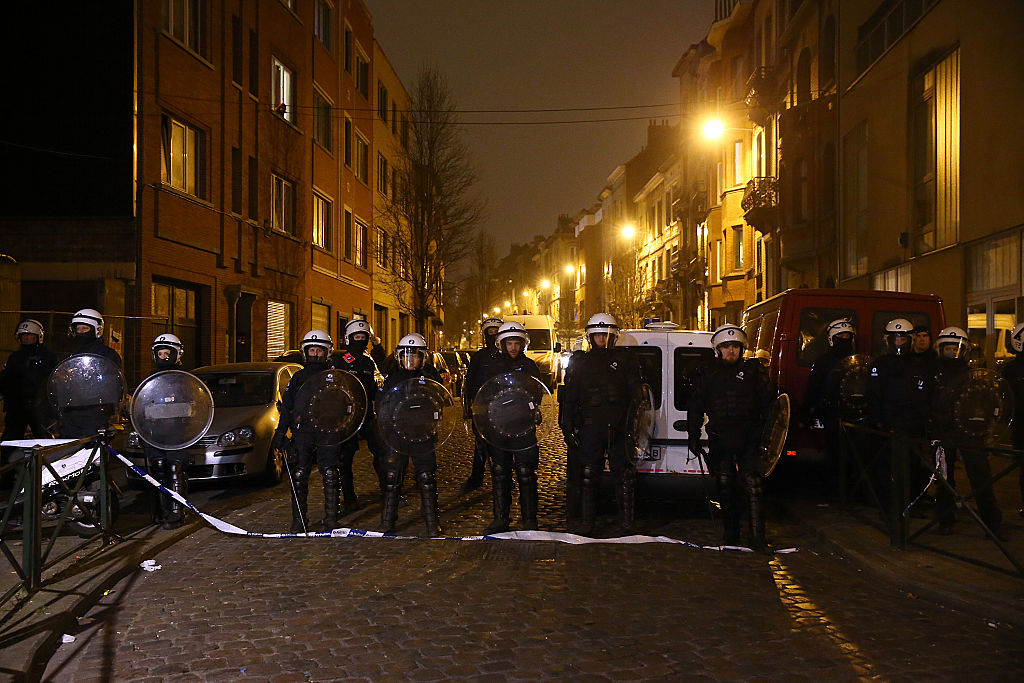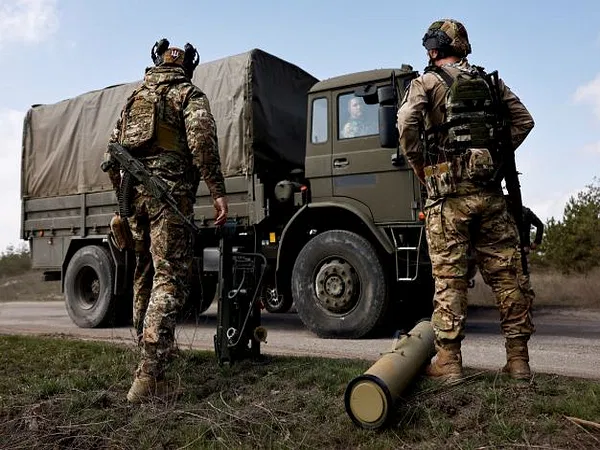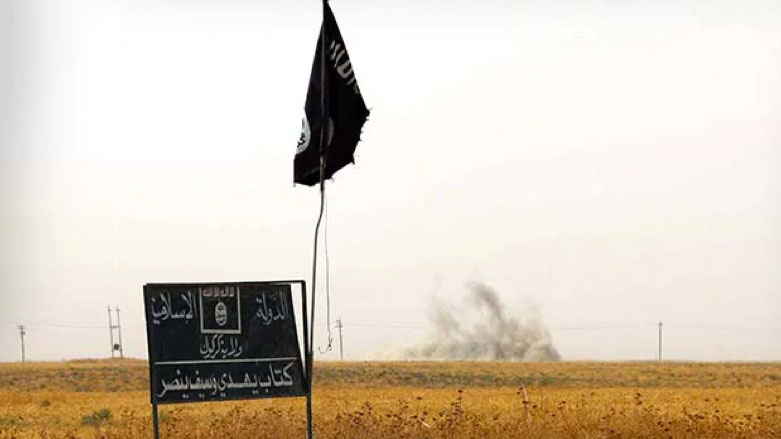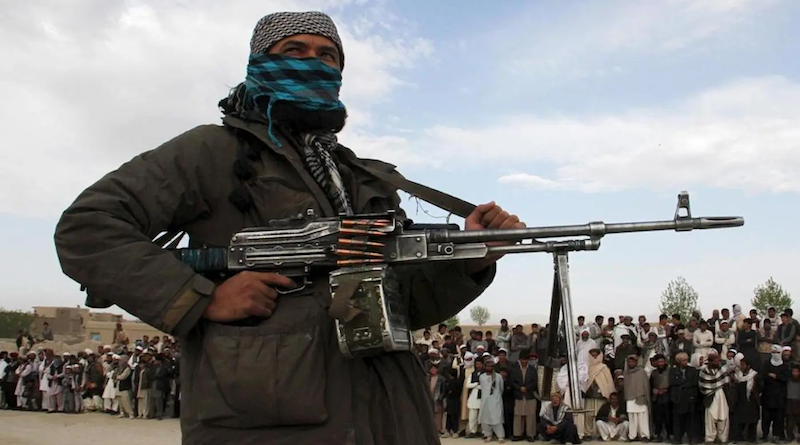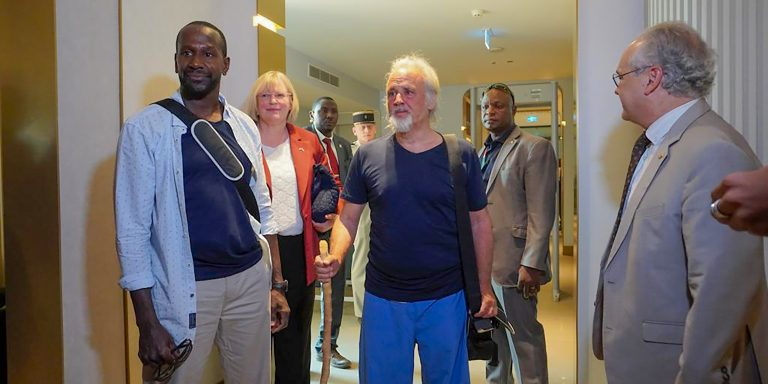Europe: Jihadists Posing as Migrants
“More than 50,000 jihadists are now living in Europe.”

More than 50,000 jihadists are now living in Europe. — Gilles de Kerchove, EU Counterterrorism Coordinator.
Europol, the European police office, has identified at least 30,000 active jihadist websites, but EU legislation no longer requires internet service providers to collect and preserve metadata — including data on the location of jihadists — from their customers due to privacy concerns. De Kerchove said this was hindering the ability of police to identify and deter jihadists.


